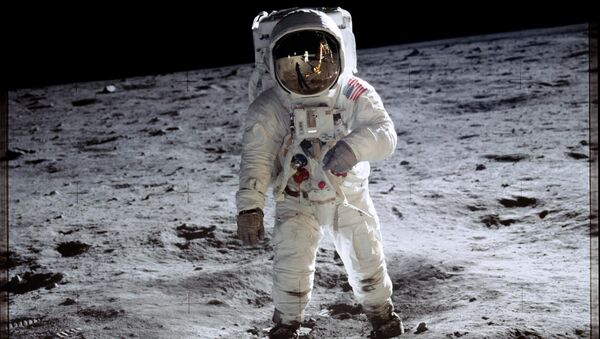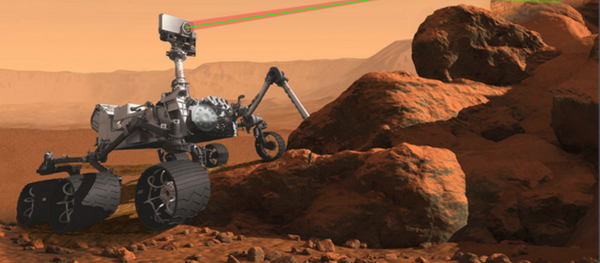That same evening, Aldrin’s website reported that the former astronaut was "stable" and "in good spirits." Fluid was discovered in his lungs but he has "responded well to antibiotics." News releases from Aldrin and his manager Christina Korp have pointed to a full recovery.
Three weeks prior to Aldrin’s Antarctic trip, he was seen in good health at the Kennedy Space Center for a celebration of the 50th anniversary of the Apollo 12 Mission.
Aldrin fell ill in Antarctica, one of the most hostile regions of the planet. According to National Geographic, the Pole sits at an altitude of nearly 10,000 feet, resulting in thinner air. The average summer temperature is —20 degrees Fahrenheit. There is no danger from local wildlife, however, as almost no lifeforms can survive the interior of the continent. Antarctica’s largest land animal is the Antarctic midge, a harmless insect less than a centimeter in length.
The former military pilot — one of the only seven people remaining alive who have walked on the moon — has championed colonizing Mars, and testified to Congress about the significance of the accomplishment in February 2015. NASA and other aerospace experts consider Antarctica to be the closest a human can get to mimicking the environment of the red planet without exiting the stratosphere, even using the French-Italian research station Concordia as a model for a Martian colony. CNN reported that "Multiple factors make Concordia similar to a journey into outer space, including the long time in confinement, abnormal day and light cycles, extremely dry air, low oxygen levels, limited supplies, no access to services, and general exposure to danger."
In recent years travel company White Desert has worked to turn the South Pole’s image from an inhospitable wasteland to an exotic tourist destination for the very wealthy. Eminent figures including the UK royalty Prince Harry and Man vs. Wild star Bear Grylls have enjoyed luxury accommodations and dining on the frozen continent. Aldrin was also traveling with White Desert, who acted fast to evacuate him when his health began to fail.
If Mars becomes an extravagant tourist spot, however, the option to airlift the suddenly ill to the hospital will not exist. Not unless they are willing to fly 34 million miles back to Earth.



